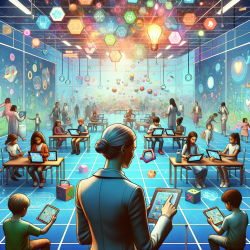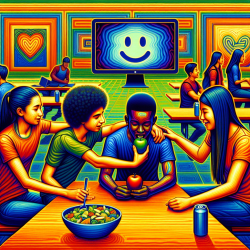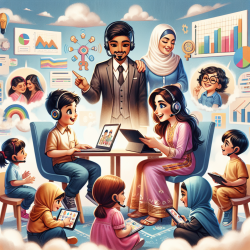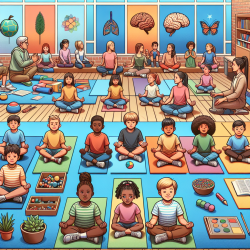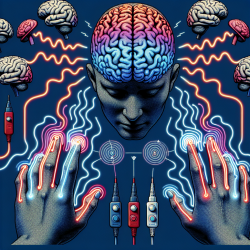Mental health challenges in children and adolescents, such as attention deficits, emotional regulation issues, and anxiety, are persistent and can lead to long-term complications. Traditional interventions, including pharmacological and behavioral treatments, face limitations such as accessibility and sustainability. Game-based digital therapeutics (DTx) have emerged as a promising alternative, offering engaging, effective, and sustainable interventions.
Key Findings from the Research
A systematic review titled "Game-based digital therapeutics for children and adolescents: Their therapeutic effects on mental health problems, the sustainability of the therapeutic effects and the transfer of cognitive functions" by Choi, Yoon, and Park (2022) provides critical insights into the effectiveness of game-based DTx. Here are the primary outcomes:
Therapeutic Effects
- Attention Deficits: DTx such as EndeavorRx and ATENTIVmynd show significant improvements in attention function in children with ADHD. EndeavorRx, for instance, uses real-time adaptive mechanisms to enhance attention, while ATENTIVmynd employs an EEG-headband to track and improve attention states.
- Emotional Regulation: REThink and Mightier effectively reduce negative emotional symptoms and improve emotional control. Mightier, which incorporates biofeedback and relaxation techniques, significantly decreases anger and helps children maintain calm states.
- Anxiety and Depression: MindLight and SPARX show comparable effectiveness to traditional CBT in reducing anxiety and depressive symptoms. MindLight combines neurofeedback and exposure training, while SPARX uses interactive challenges based on CBT principles.
Sustainability of Therapeutic Effects
- Short-Term and Long-Term Effects: Studies indicate that the therapeutic effects of game-based DTx are sustained for at least three months post-intervention. For example, the effects of EndeavorRx on attention function persisted for nine months, and SPARX maintained its effectiveness in reducing depressive symptoms for ten weeks.
Transfer of Cognitive Functions
- Near Transfer: Game-based DTx show near transfer effects, improving cognitive functions related to the targeted mental health problems. For instance, EndeavorRx enhances spatial working memory and inhibition in children with ADHD.
Implementing Game-Based DTx in Practice
To leverage these findings, practitioners can:
- Incorporate Game-Based DTx: Integrate game-based DTx into treatment plans for children with attention deficits, emotional regulation issues, and anxiety. EndeavorRx, ATENTIVmynd, REThink, Mightier, MindLight, and SPARX are proven options.
- Monitor Engagement and Progress: Regularly track the child’s engagement with the game and monitor progress through behavioral assessments and parent reports.
- Personalize Interventions: Tailor the intervention based on the child’s specific needs and severity of symptoms. Game-based DTx can offer personalized and adaptive challenges that cater to individual differences.
- Encourage Further Research: Stay updated with ongoing research and encourage collaborative studies to explore new game-based interventions and their long-term impacts.
Conclusion
Game-based digital therapeutics offer a promising avenue for treating mental health problems in children and adolescents. By integrating these innovative tools into practice, practitioners can enhance treatment effectiveness, ensure sustained therapeutic effects, and improve cognitive functions related to mental health challenges.
To read the original research paper, please follow this link: Game-based digital therapeutics for children and adolescents: Their therapeutic effects on mental health problems, the sustainability of the therapeutic effects and the transfer of cognitive functions.
